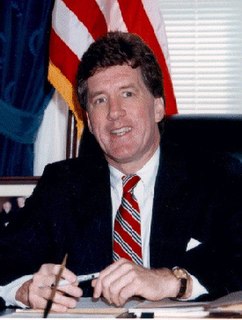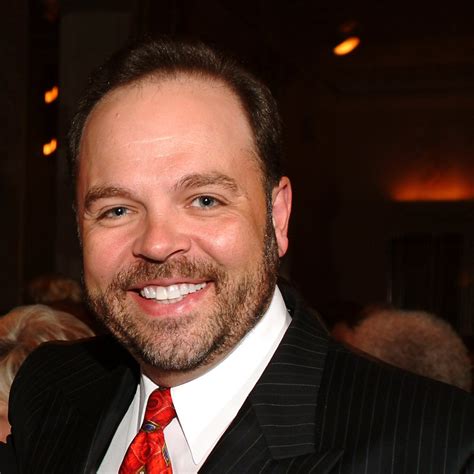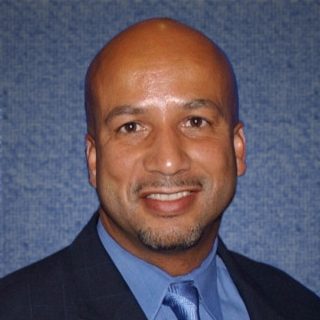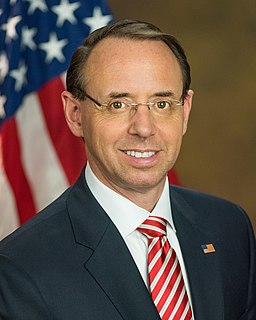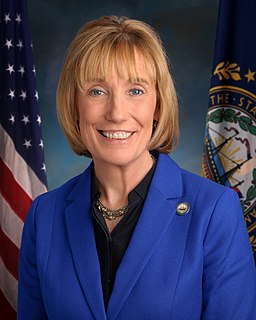A Quote by Chris Sununu
Recovery Friendly Workplaces are an opportunity for New Hampshire to help change the culture around addiction by engaging employers in being a proactive part of the conversation by providing tools, resources, and opening up access to treatment.
Related Quotes
As part of the regional metro-Boston area, southern New Hampshire offers all the benefits typically associated with major metro areas yet maintains the advantages of being in a truly enterprise-friendly state: access to a world-class workforce, a pro-business, low-tax environment, and a streamlined regulatory environment.
A young artist can become popular more quickly with the Internet providing instant access to ones work. That might lead to more opportunity and an accelerated career. But it seems as if funding may be harder to come by and filmmakers are being prompted to give away their work for free in hopes to become part of the conversation.
Why I'm so stimulated by [producing] is it becomes more proactive. Instead of waiting around for a script to come in, or some movie trying to go. You're waiting around always for that opportunity, which is great, but I like to be a little bit more proactive. I'm a very action-oriented guy - I'm a doer. The company really became this spearhead for that sort of attitude, and so that, to me, was the most exciting part of it.


